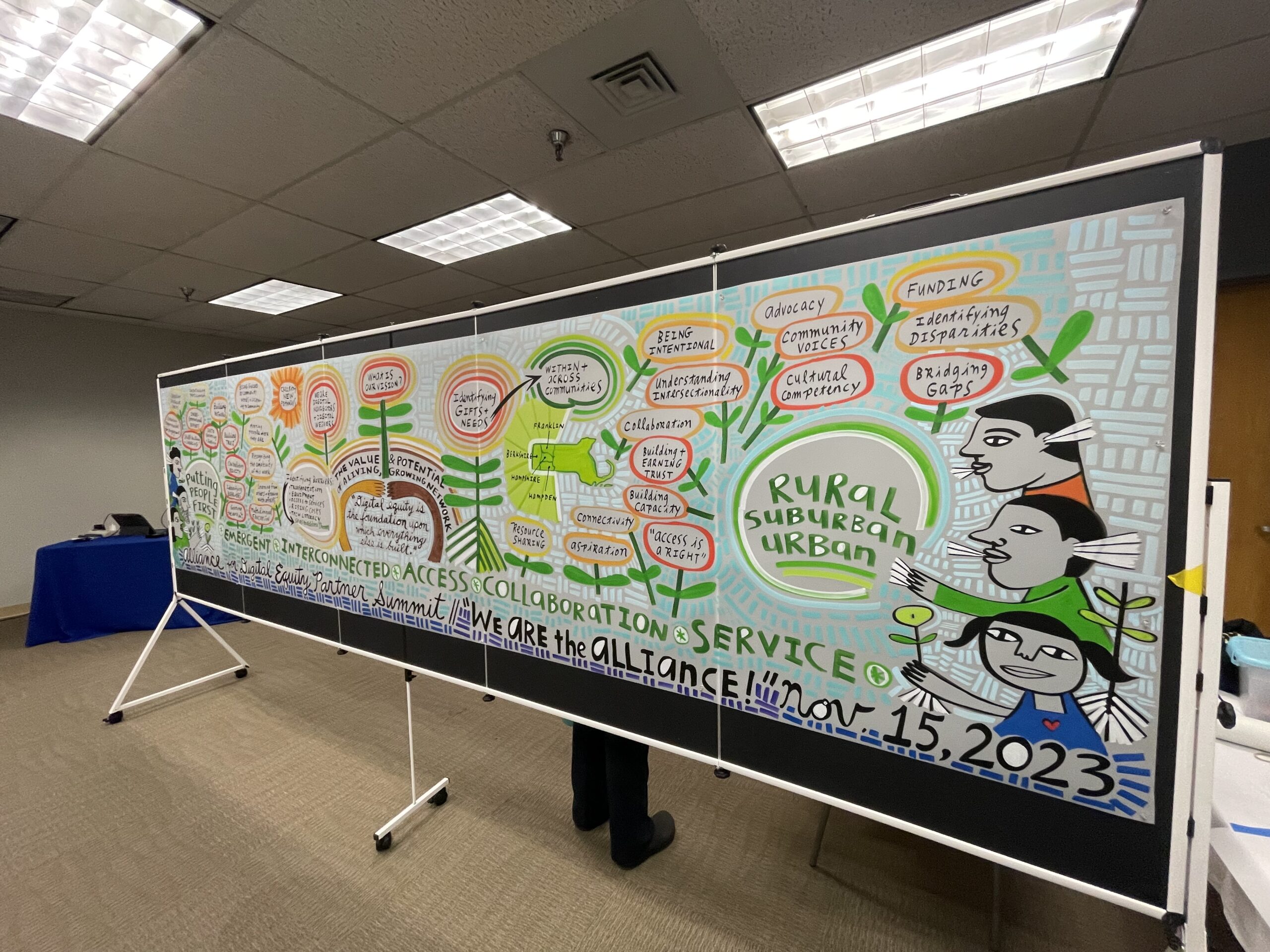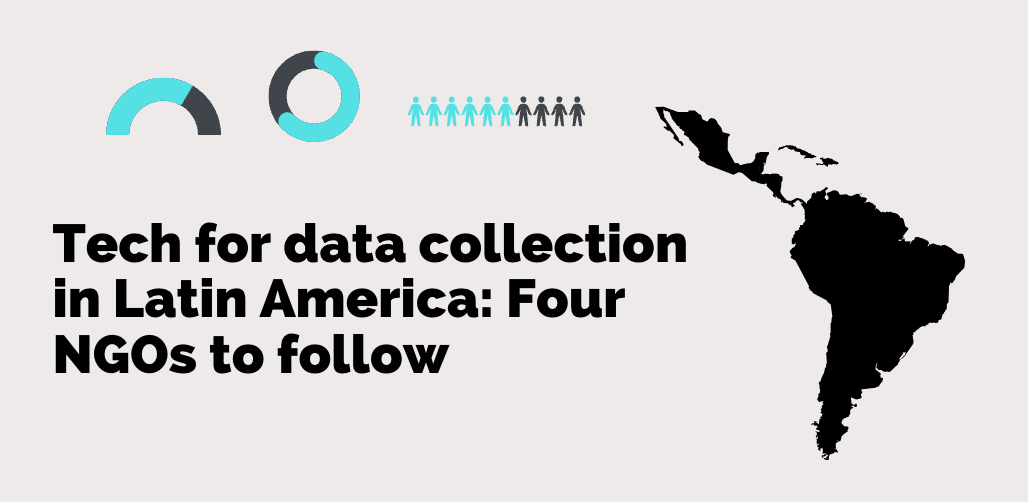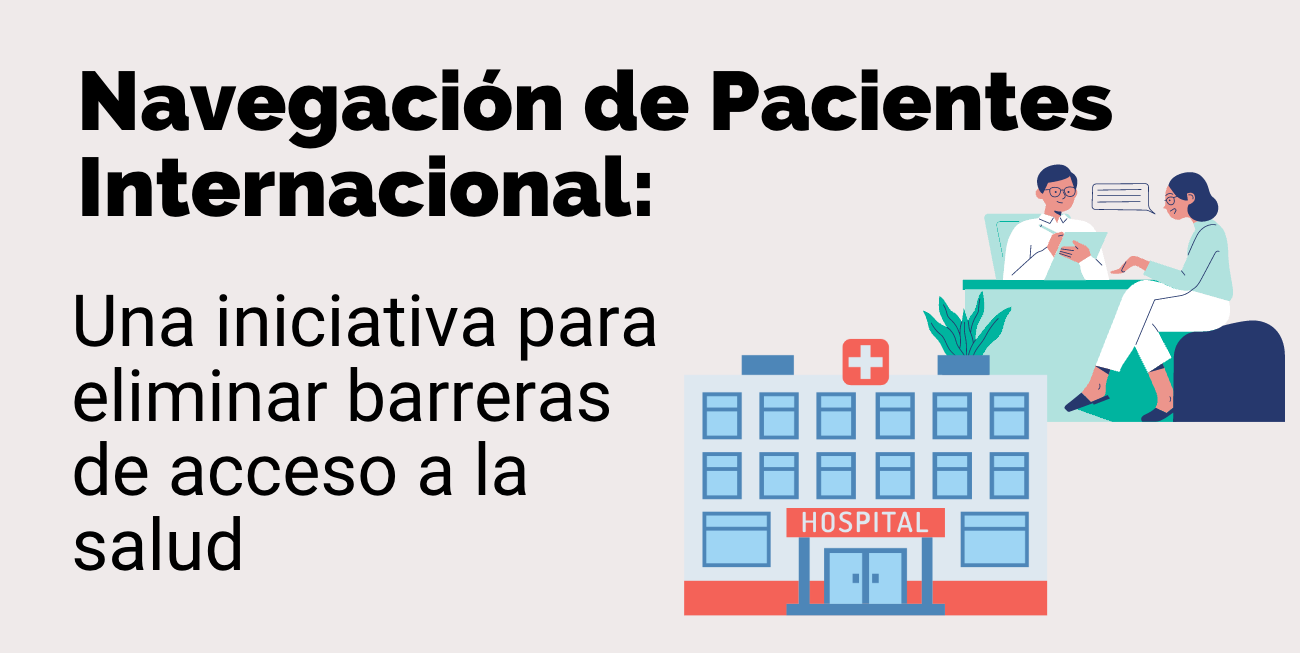Women’s health holds a position of utmost priority on the agendas of numerous organizations and networks worldwide. In Latin America and the Caribbean, the Women’s Health Network of Latin America and the Caribbean (La Red de Salud de las Mujeres Latinoamericanas y del Caribe- RSMLAC) has emerged as a driving force, advocating for and defending women’s rights in the sphere of healthcare. Operating actively across various countries within the region, this network tirelessly addresses the challenges and inequalities women encounter in matters of health.
Countries where they work: The Women’s Health Network of Latin America and the Caribbean spans a wide array of countries throughout the region. Its presence is notable in countries such as Argentina, Mexico, Brazil, Colombia, Peru, Chile, the Dominican Republic, Costa Rica, Puerto Rico, among others. This expansive geographical coverage empowers the network to reach millions of women in diverse contexts and circumstances.
Objective: The core objective of RSMLAC is to attain greater equity and justice in health accessibility for all women within the Latin American and Caribbean region. The network is dedicated to empowering women, enabling them to make informed decisions about their health and well-being. It collaborates closely with governments and other organizations to exert influence on public policies that serve the best interests of women.
Main Programs: RSMLAC champions an array of programs designed to enhance women’s health in the region. These encompass initiatives centered on sexual and reproductive education, prevention and management of sexually transmitted diseases, maternal and child health, as well as mental health. The network also engages with matters like gender-based violence, sexual and reproductive rights, and gender equality.
Use of Technology: RSMLAC duly acknowledges the potency of technology as a formidable tool to reach a wider audience and dispense efficient healthcare services. It harnesses a variety of technological platforms to disseminate information on health, rights, and supportive programs via websites, social media, and mobile applications. This capability enables them to extend their reach to women in remote and vulnerable areas, along with those who possess limited access to conventional healthcare services.
What technology they use: In their basis, RSMLAC leverages technologies such as health-focused mobile applications, telemedicine platforms, and online educational resources. Mobile applications supply information and resources related to reproductive health, family planning, and prenatal care. Furthermore, telemedicine platforms facilitate the provision of remote medical care, thereby enabling women in distant regions to receive specialized advice and medical attention. Additionally, online education tools are employed to train healthcare professionals and disseminate current information on topics relevant to women.
In conclusion, the Women’s Health Network of Latin America and the Caribbean serves as a striking illustration of how technology and cross-country collaboration can amplify efforts to promote women’s health within the region. Through their well-designed programs and strategic implementation of technology, they endeavor to elevate the quality of life for countless women. This endeavor ensures that women gain access to vital information, healthcare services, and opportunities for empowerment, contributing to a comprehensive sense of well-being.





